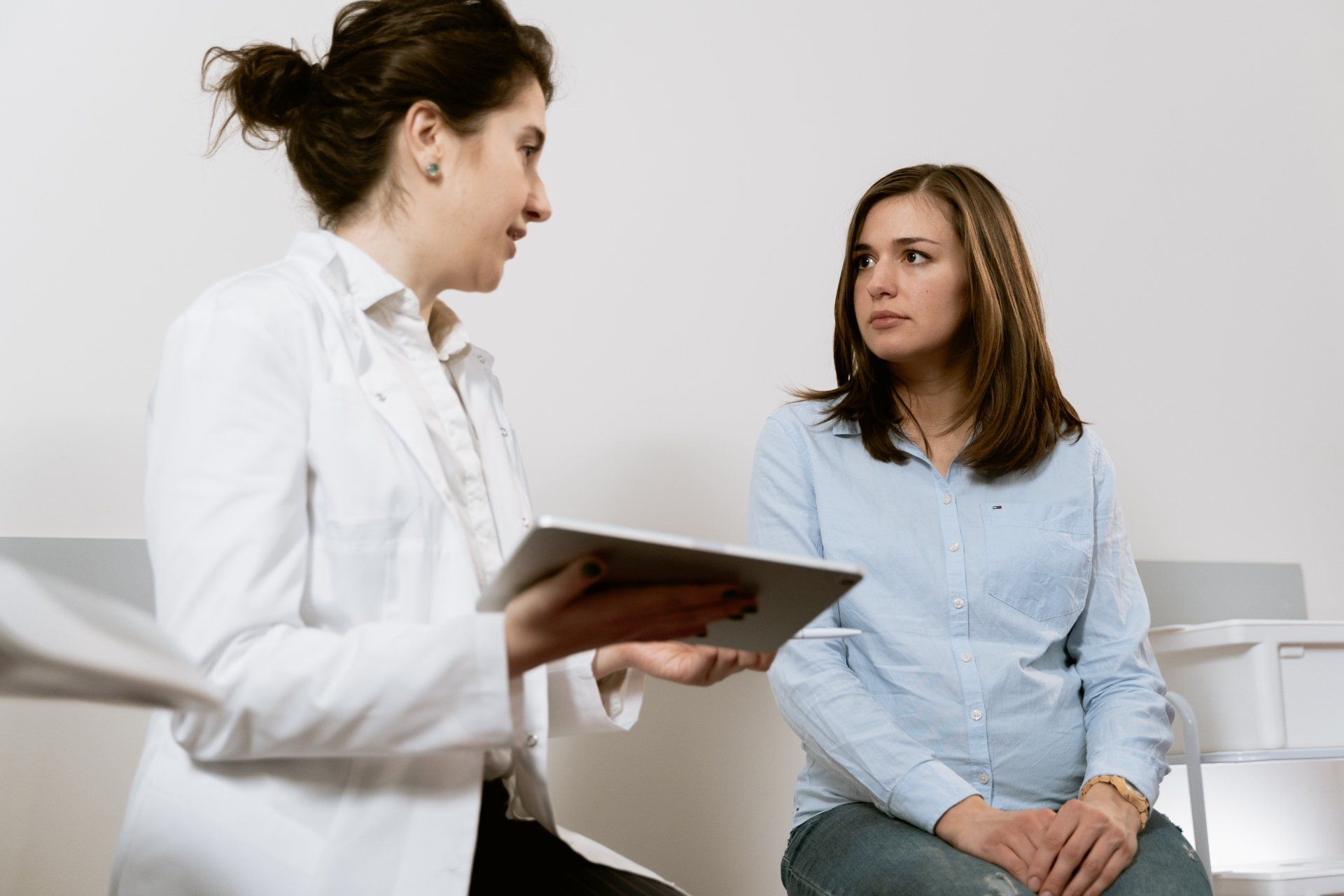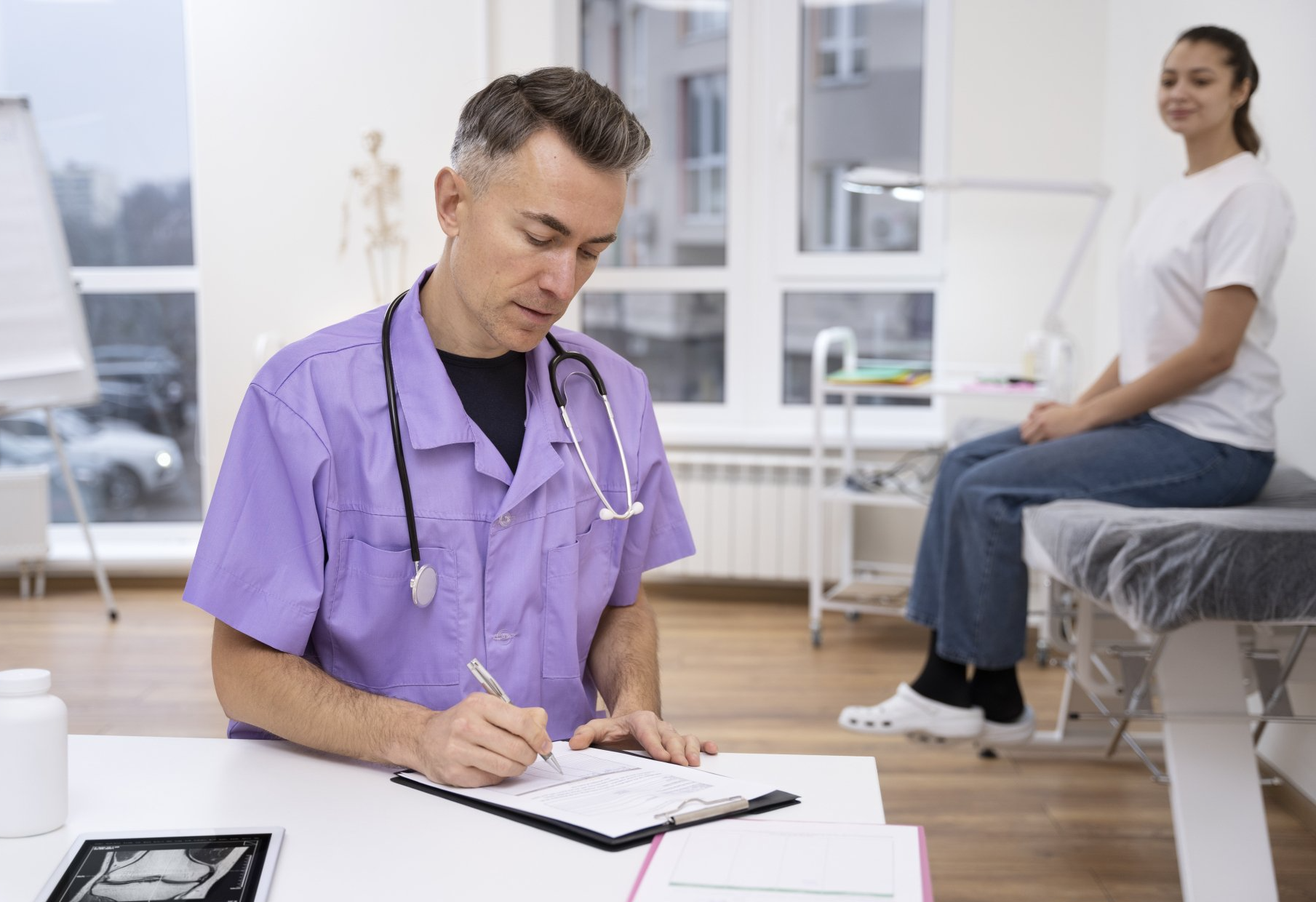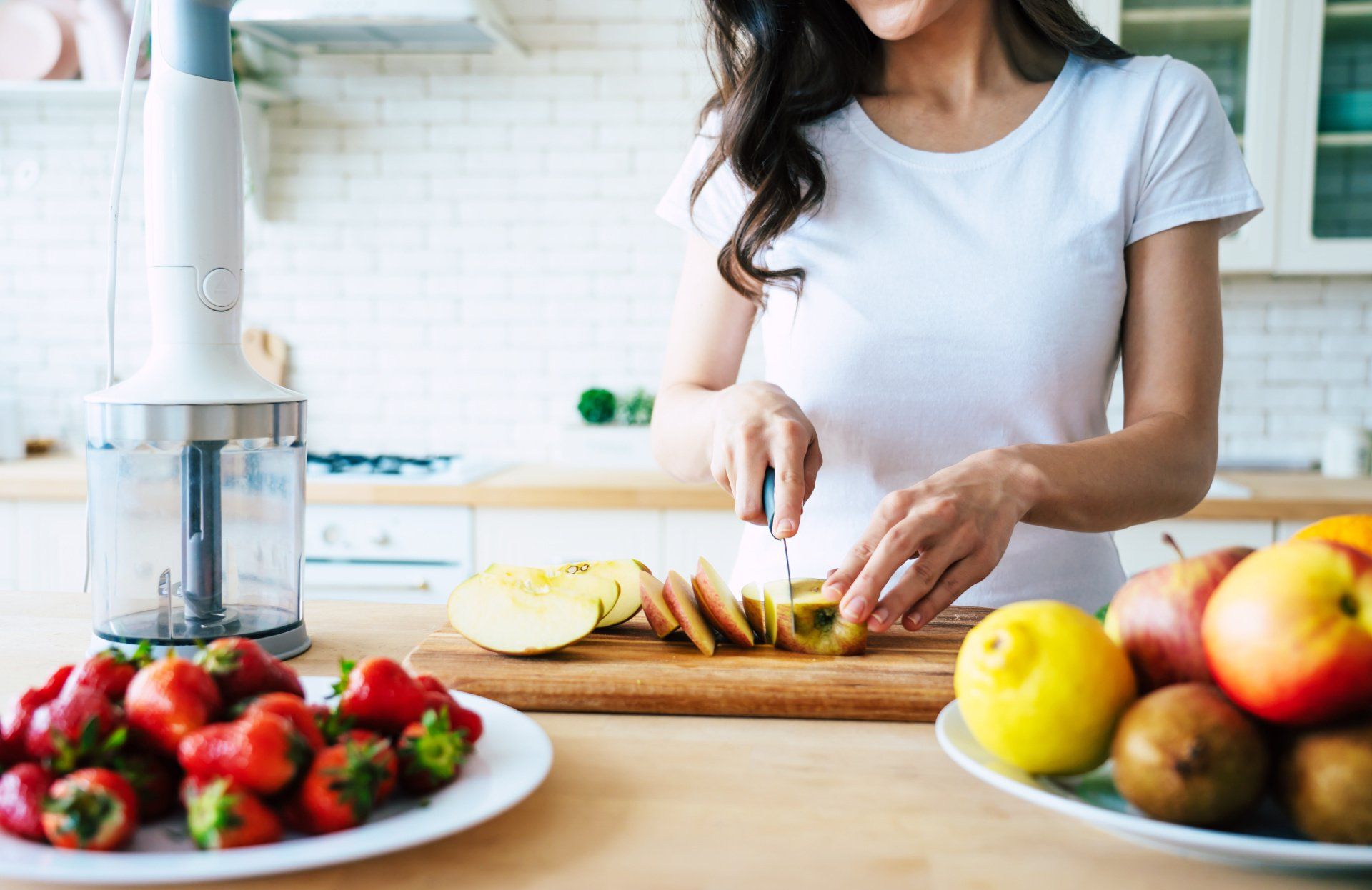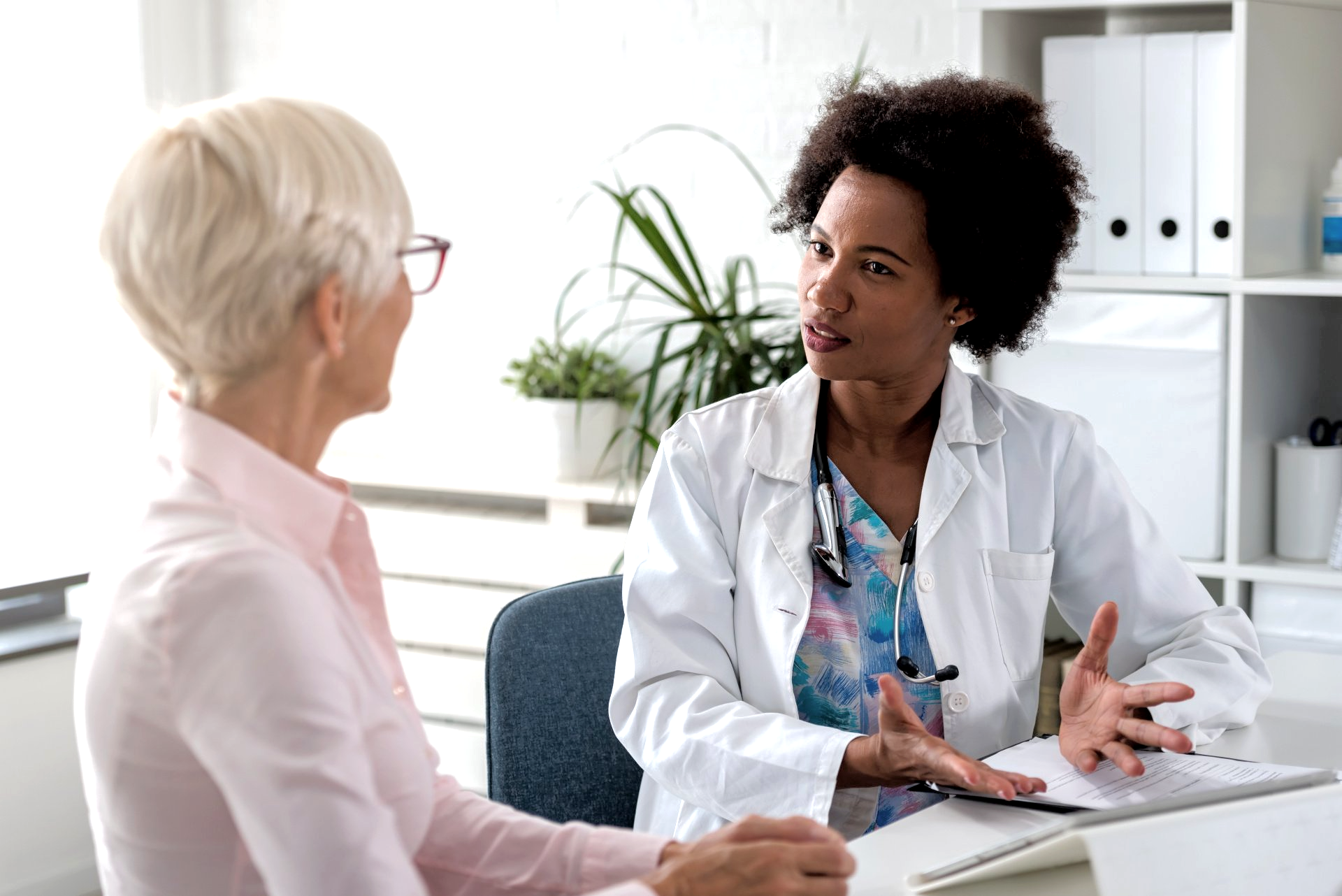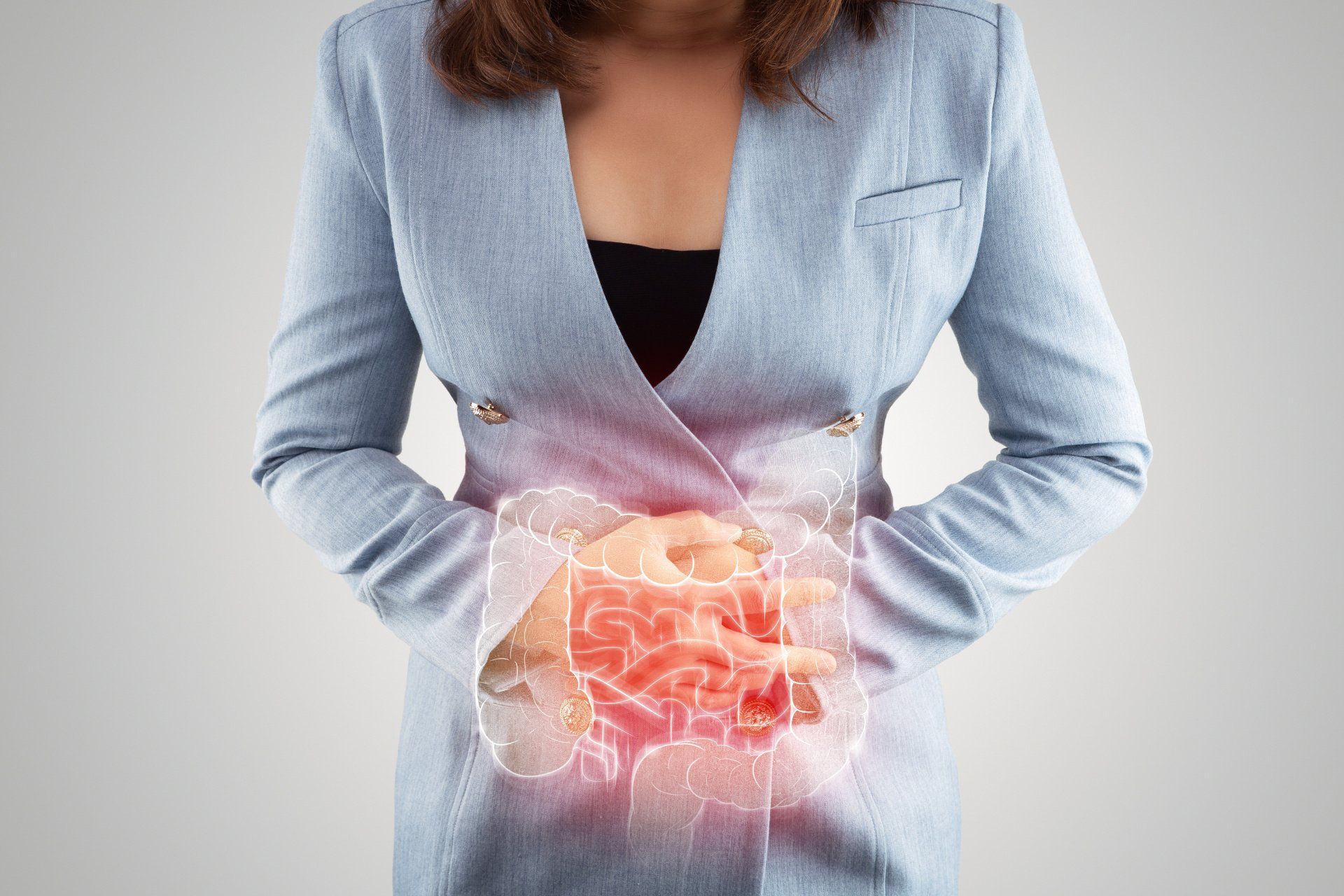Preparing for a Colonoscopy
One of the most effective ways for a doctor to diagnose a digestive problem is to look directly inside the digestive tract. There are a number of different procedures that a doctor can choose to perform when it comes to the digestive tract, depending on the symptoms at hand and the area of the tract that needs investigating.
Colonoscopy is a common procedure used to investigate the digestive system, and it’s most likely the name of a procedure you’ve heard of, but not necessarily know what it is. With this in mind, we are going to cover what a colonoscopy is and how you prepare for it.
What is a colonoscopy?
A colonoscopy involves inserting a thin, flexible tube called a colonoscope into the body through the anus to examine the colon and rectum. The main purpose of a colonoscopy is to investigate symptoms that may be coming from the colon and the lower digestive tract, such as:
- Abdominal pain
- Rectal bleeding
- Chronic constipation
- Passing blood with bowel movements
- Chronic diarrhoea
During a colonoscopy, it is possible to identify abnormalities, growths and other intestinal problems, including:
- Bowel polyps
- Colon cancers
- Bleeding
- Ulcers
- Areas of inflammation
People are recommended to follow particular instructions in preparation for a colonoscopy, including following a specialised prep diet and activity plan. The purpose of this is to induce a kind of diarrhoea that empties the area of stool and other waste to ensure full visibility during screening. This process is known as colonoscopy prep.
How to prepare for a colonoscopy
The reason patients must prep before a colonoscopy is to ensure that the colon is empty and clean before the screening. The prep normally involves:
- Following a colonoscopy specific prep diet - this is made up of low fibre food; this stage lasts for three to four days, with a liquid-only food intake on the day before the procedure.
- Drinking bowel-cleaning liquids - these are medications called laxatives, which may take the form of a pill or a drink, to induce diarrhoea. They will most commonly be taken the night before the screening, often with another dose on the morning of the procedure. This is called a split-dose regimen.
- An enema before the colonoscopy - this may be given in cases where the large intestine is difficult to empty. For example, if the patient is constipated and struggling to pass their bowel movements.
People preparing for a colonoscopy experience quick and frequent bowel movements as the medications take effect, so it is incredibly important that they have ready access to a bathroom at all times.
Before starting the prep for a colonoscopy, most people find it helpful to shop for all the supplies that they will need in advance. In addition to the foods and liquids that will be eaten as part of the diet plan, people preparing for a colonoscopy may wish to purchase products to soothe the skin around the anus, specifically nappy cream (to soothe the skin) and alcohol-free cleansing wipes containing aloe-vera.
What to eat and what to avoid
When prepping for a colonoscopy, one should aim to eat a diet that is full of nutrition but does not cause large amounts of faeces to form in the intestines. Two days before the procedure, is when the patient starts eating a low-fibre diet – avoiding raw fruits and vegetables, whole grain and nuts. This is because low-fibre foods are easier to digest and leave one’s digestive system quickly.
Foods to avoid
- Fatty foods
- Fruit with seeds or peel like apples, berries or figs
- High-fibre cereals such as bran flakes or granola
- High-fibre vegetables such as broccoli, cabbage or beans
- Legumes such as lentils
- Tough meat with gristle
- Raw vegetables
- Whole grains
Foods to eat
- Well cooked vegetables without skin or peel
- Eggs
- Fish
- Fruit without skin or seeds
- Smooth peanut butter or almond butter
- Lean meat such as chicken, turkey or veal
- White rice and pasta
- Potatoes without skin
When to avoid solids
The day before the colonoscopy, it is recommended to avoid solid food completely. Consuming liquids only for this time period helps prevent new faecal matter from forming, entering the colon and being present during the procedure, ensuring that the colon remains empty and clean for the appropriate time.
It is important to avoid red and purple food dyes as they can discolour the lining of the colon and make it harder to examine the area during the colonoscopy.
Drinks and liquid foods which are suitable for the day before the colonoscopy include:
- Clear broth, including chicken, beef, or vegetable
- Tea and black coffee without any cream, milk or sweetener
- Clear, light-coloured juices such as apple and white cranberry
- Flavoured water
- Ice-lollies without fruit or cream
- Water
- Sports drinks (light colours only)
You must drink clear fluids up until 4 hours before your admission time and you must also stop eating 6 hours before your procedure. This should be a variety of appropriate fluids (listed above) and not just water.
It is important to know that many people often pass clear, yellow liquid once they have finished passing faecal matter. This yellow liquid is made up of digestive juices and does not indicate that the prep has been ineffective. However, if the person preparing for the colonoscopy is still passing liquid containing faecal matter, or brown, cloudy liquid, they should seek medical advice as they will need to take additional steps to clean the system out before the colonoscopy can be performed.
If you have any questions or concerns about the preparation for a colonoscopy, speak with your doctor and they will talk you through the process. No question is a silly question – your doctor is there to inform you of everything – to ensure you are happy as well making sure everything goes as smoothly as possible.
Travel plans
A person can undergo a colonoscopy as an outpatient in most cases, meaning they arrive at the hospital for the procedure and return home the very same day. However, people undergoing a colonoscopy are usually given sedatives to help them relax and to ensure that they are comfortable during the colonoscopy. In all cases where sedatives are used, it is advisable to arrange for a family member or friend to accompany the person having the colonoscopy to and from the hospital. This is because, in general, avoiding activities such as driving is recommended for a time after the use of any kind of sedative. The timeframe simply depends on the specific sedative used.
To book a FREE consultation please use our online form to arrange a suitable date and time.
